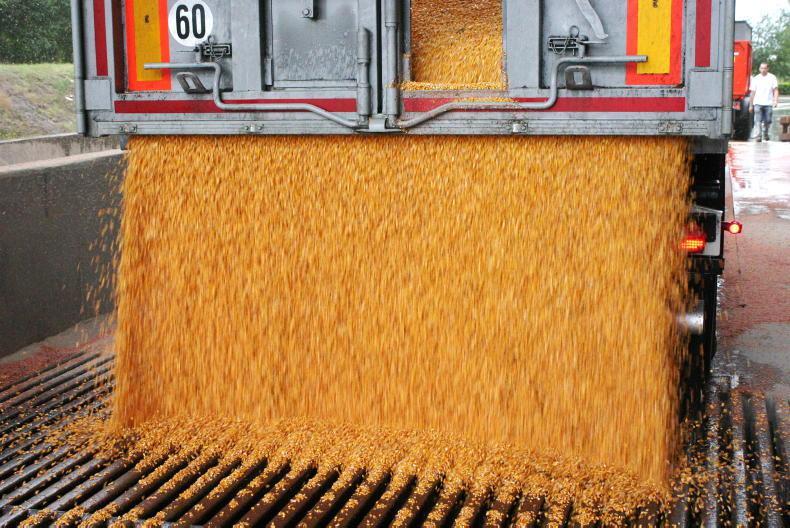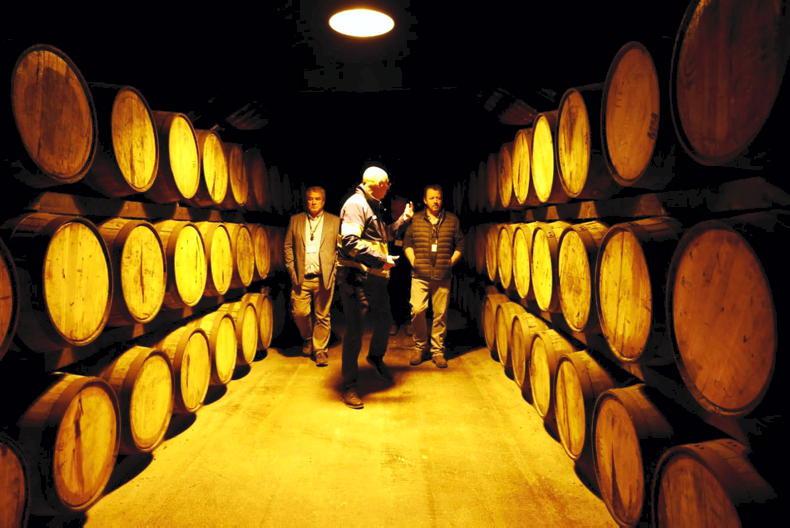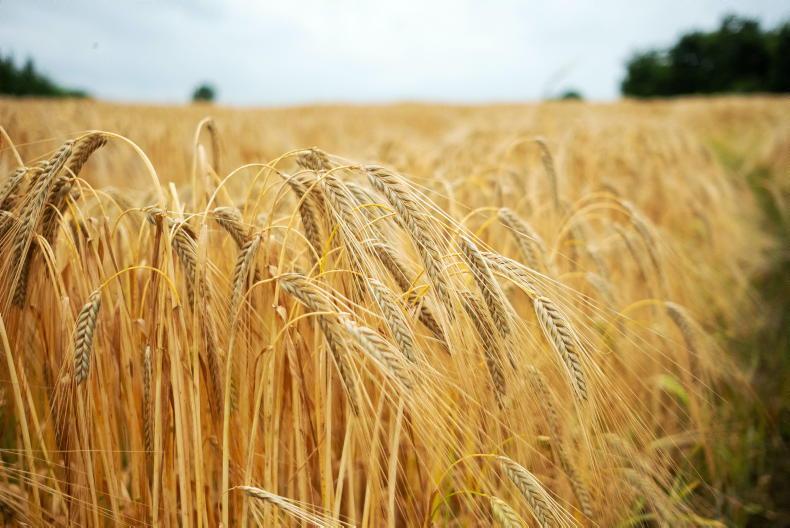Following the hike in prices after Russia withdrew from the Black Sea corridor, they have since fallen back to where they had been prior to the rise.
MATIF December wheat closed last week at €339.25/t, but then eased back on Monday to close at €336/t. It then suffered a big drop just before close on Tuesday to settle at €330/t, the lowest settle for many weeks.
The weakening is put down to two things – optimism in the talks to extend the lifespan of the existing Black Sea corridor and a lack of any news that further tightens current supply sentiment.
Current supply estimates are seen as about adequate to meet the lower anticipated demand. But the market seems to be driven by the fundamentals once again.
Russian influence
The Russian announcement last week that it would not hinder grain supplies from Ukraine to Turkey “at any point in the future” has eased supply concerns and possibly paved the way for an extension of the agreement.
Russia is demanding, understandably, that the export routes would not be used for military supplies.
It was also interesting to hear Turkey’s foreign minister say that Russia is eager to export agricultural products such as fertiliser and grains.
Much of this must also come out through the Black Sea and there has been a hesitancy among shippers to transport Russian cargo.
Argentinian wheat cut
The Buenos Aires Grain Exchange cut Argentinian wheat production to 14Mt last week, from 15.2Mt. Late frosts and drought are the main issues.
While rain is forecast for this week, it is likely to be too late to benefit wheat, but it should help maize planting, which has been limited by dryness.
The World Agricultural Supply and Demand Estimates will be released on Wednesday of this week. Markets will be watching Argentinian wheat numbers with interest.
Native prices
Prices here have seen considerable volatility over the past week due to the oscillating sentiment. Both wheat and barley physical prices are lower, as imported maize drops from €360 to €340/t.
Nearby wheat is now in the €345 to €350/t bracket to the trade (higher to direct end users), while barley is even more impacted, with price suggestions of €325 to €330/t. Imported soya ex-port has also eased back from €585/t to €570/t this week.
While there is no major interest in new crop prices for the moment, indicative prices suggest around €320/t for November ’23 wheat and €310/t for barley.










SHARING OPTIONS